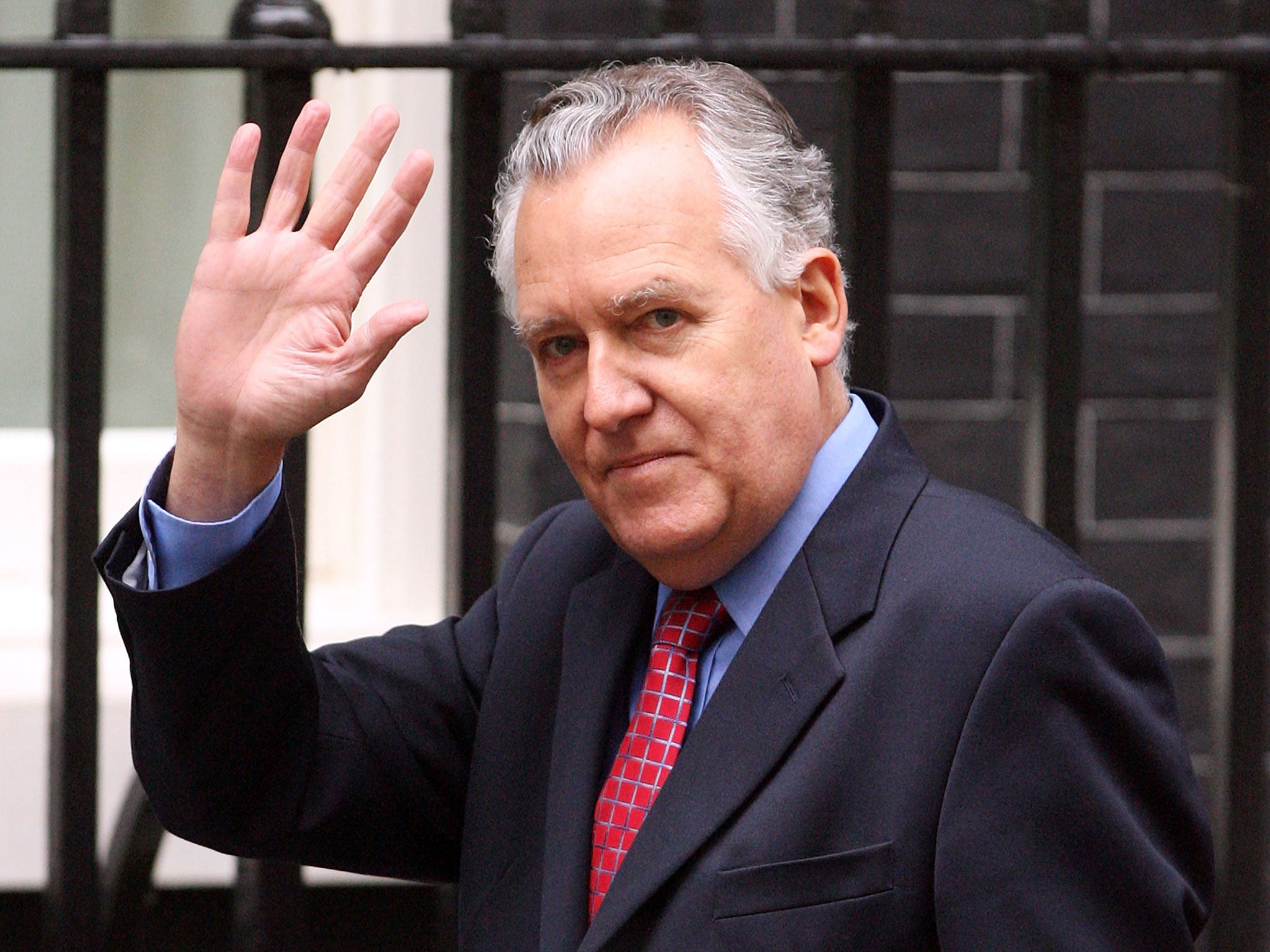Back to the Future of Socialism by Peter Hain, book review: Powerful, questionable, confrontational – but not dull
Central to Hain’s thesis is the Keynesian point that public sector investment now means lower borrowing later

Your support helps us to tell the story
From reproductive rights to climate change to Big Tech, The Independent is on the ground when the story is developing. Whether it's investigating the financials of Elon Musk's pro-Trump PAC or producing our latest documentary, 'The A Word', which shines a light on the American women fighting for reproductive rights, we know how important it is to parse out the facts from the messaging.
At such a critical moment in US history, we need reporters on the ground. Your donation allows us to keep sending journalists to speak to both sides of the story.
The Independent is trusted by Americans across the entire political spectrum. And unlike many other quality news outlets, we choose not to lock Americans out of our reporting and analysis with paywalls. We believe quality journalism should be available to everyone, paid for by those who can afford it.
Your support makes all the difference.In his attempt to evoke the spirit of Anthony Crosland’s seminal text on centre-left governance, The Future of Socialism, Peter Hain has conjured an early, but heavy, favourite for the worst book title of 2015.
But Hain, a former Wales and work and pensions secretary who is standing down from the House of Commons this year, thinks that updating a six-decade old treatise will help the Labour Party reclaim its soul, having been spooked by the financial crisis and 2010 general election loss.
Central to Hain’s thesis – and one that Crosland essentially argued in Cabinet during the dark days of the late 1970s – is the Keynesian point that public sector investment now means lower borrowing later.
This argument puts Hain at the mercy of Conservatives who will claim the coalition’s austerity measures, while painful, have sorted out the books to the extent that the UK currently enjoys one of the best growth rates among Western economies.
Hain acknowledges this pitfall late in the book, elaborating on what will be Labour’s possibly accurate, but nevertheless tough, general election sell: that the coalition’s measures “delayed Britain’s recovery from recession, which had taken twice as long as Germany’s”. He adds: “The right’s shibboleth that Labour governments always ‘spend more than they earn’ is perfidious propaganda.”
Its strength is its pace and breadth: Hain argues for taxes on unused development land to encourage housebuilding; condemns New Labour for turning into “Nervous Labour” and leaving it until 2010 to raise the top rate of income tax to 50 per cent; and he reasons that UK banks are “anti-business”; “obsessed with the short-term” and quick profits, when small and medium-sized firms need years of support.
The weakness is that when pace is married to a staunchly party-political prism, opposing arguments are too quickly dismissed or poorly addressed.
Scottish secessionists, who made up 45 per cent of those north of the border barely four months ago, are “eccentric”; Orange Book Liberal Democrats – the party’s right – are risibly lumped with Tea Party Republicans as part of a fatuous claim that they want “a threadbare social safety net”.
Literally, don’t judge this book by its cover. Back to the Future of Socialism is powerful, questionable, confrontational – but not dull.
Join our commenting forum
Join thought-provoking conversations, follow other Independent readers and see their replies
Comments